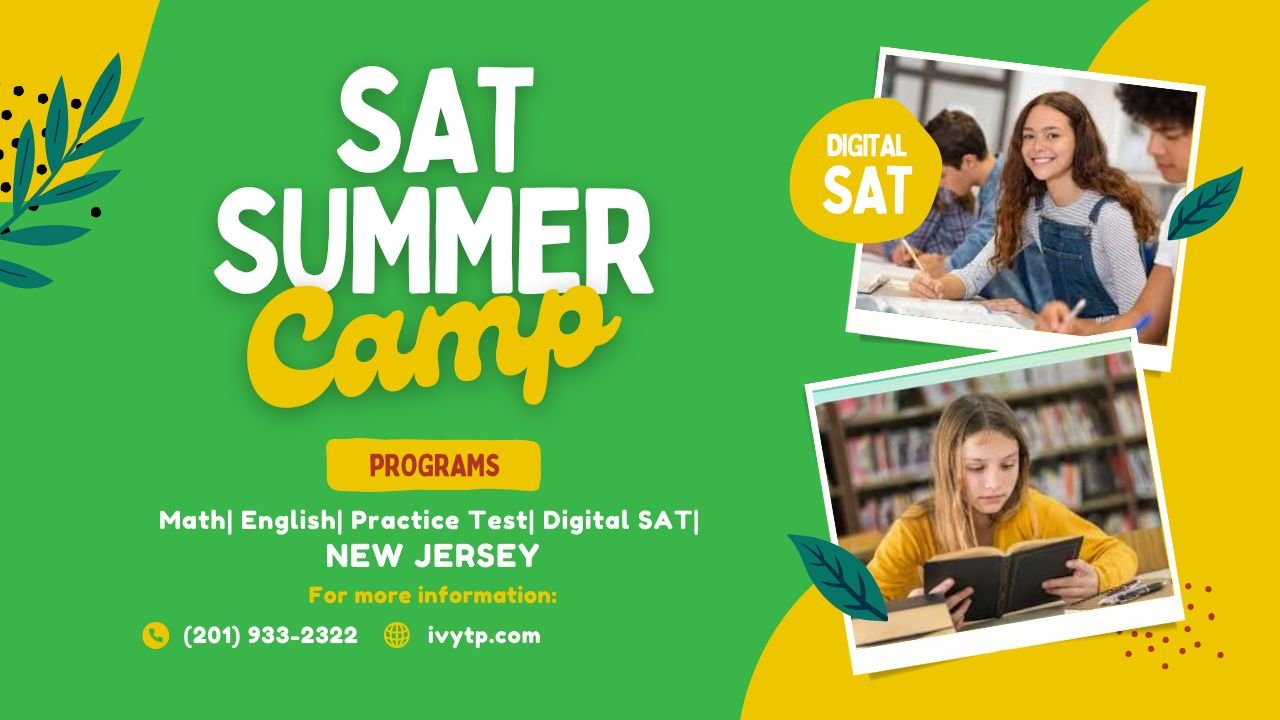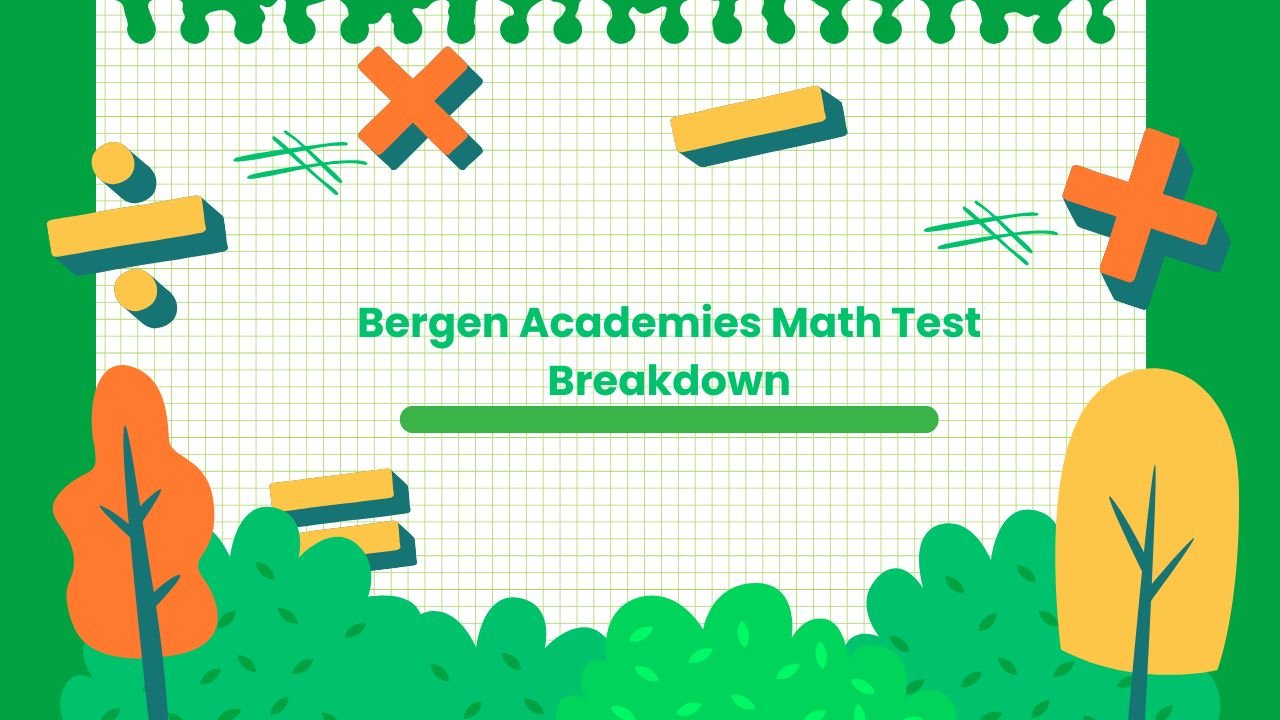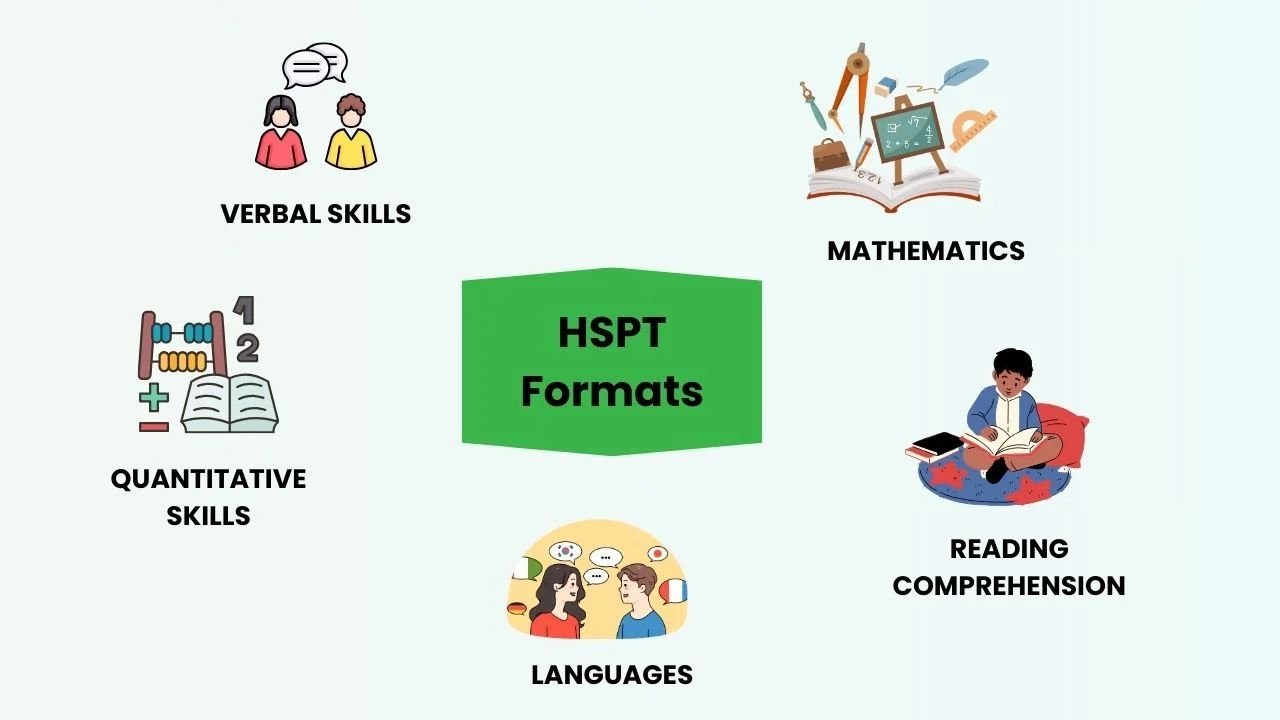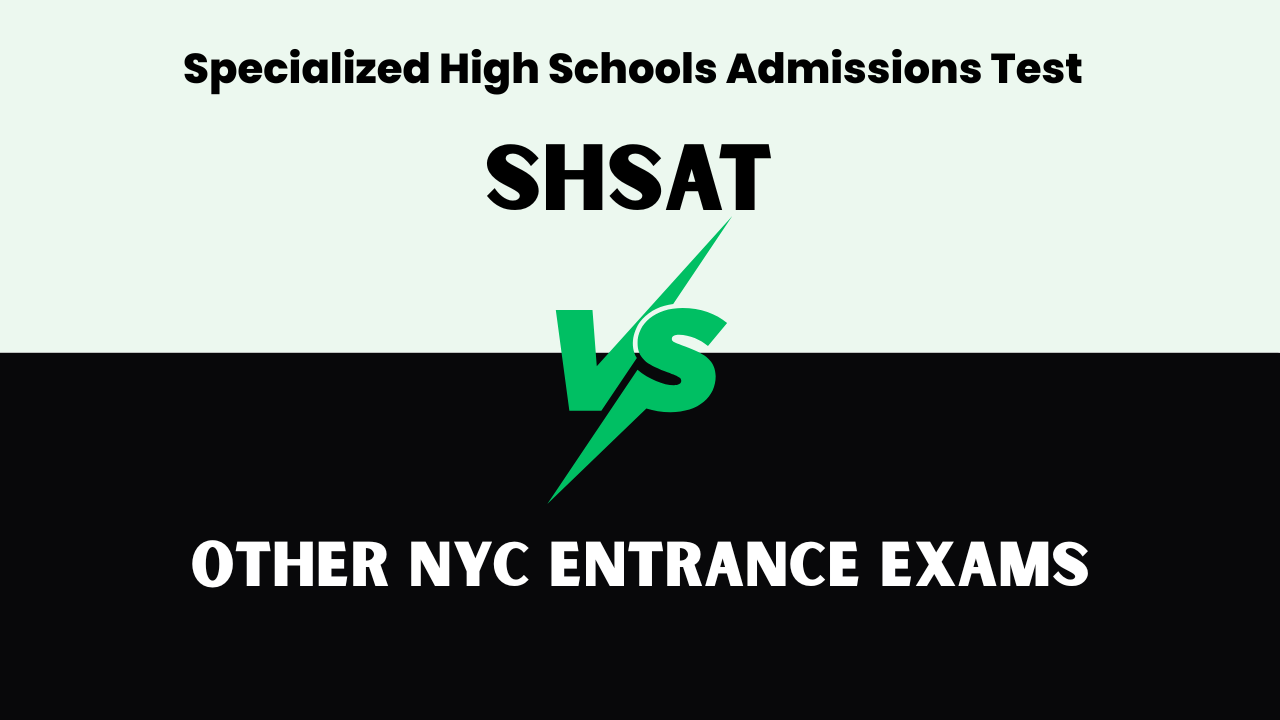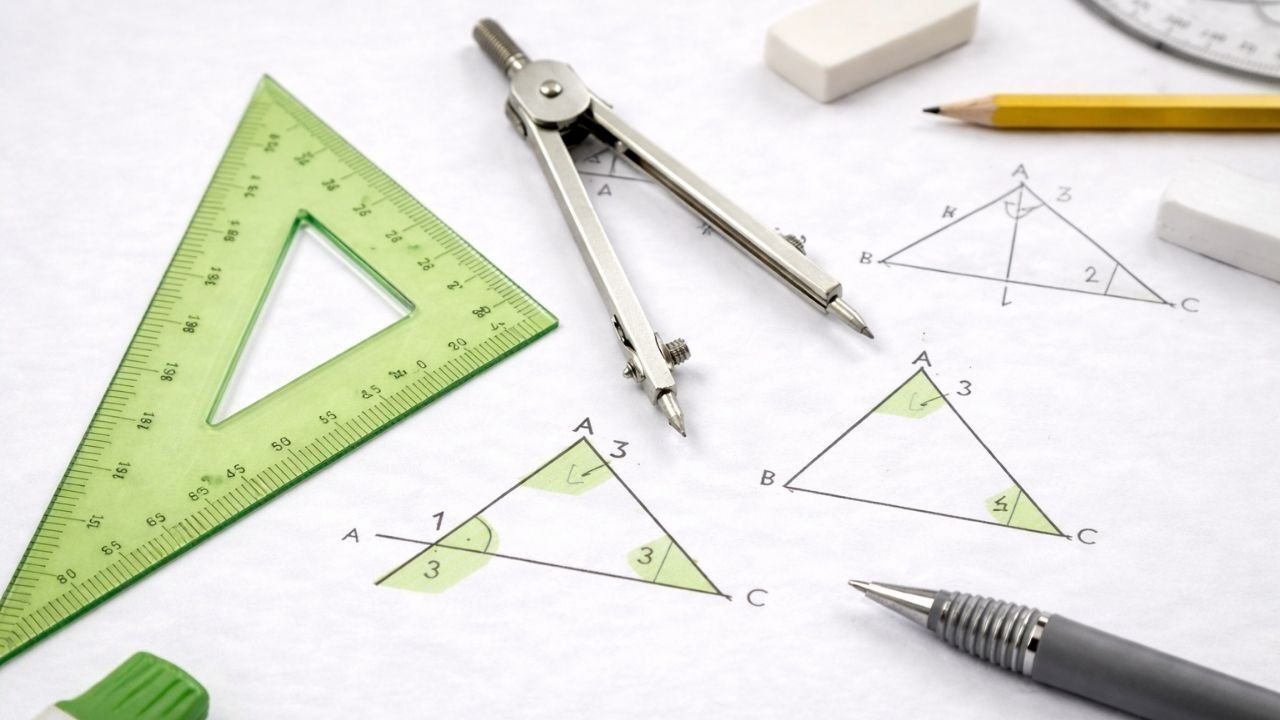This summer can be a great way to focus on three key goals for high school juniors: preparing for the SAT or ACT, exploring potential colleges and majors, and building standout extracurriculars. High School Junior year students can utilize this time to boost test scores, narrow down college lists, and work on their overall college application.
Why Junior Year Summer is the Key For College Admission?
It won’t be wrong to say that the time after summer is chaotic and hectic. Senior year moves fast. Right when the senior year ends, they will be greeted with applications, deadlines, and AP courses all at once. Summer is the best time to slow down, plan, and gain a real edge in the college admissions process. It is the best time for students to:
- Study for the SAT and ACT
- Create a targeted college list
- Get involved in extracurricular activities that align with your academic goals.
Interested in boosting your score? Check out our SAT Summer Camp in New Jersey for expert-led coaching, small group classes, and hands-on practice.
Should You take the SAT or ACT this Summer?
Yes, summer is also a great time for ACT and SAT prep. Students usually perform better and get better marks when they start early. This is because of no distractions from school, and they have more time to get prepared than after the summer. However, there isn’t an obvious “Best” test for rising juniors, as colleges accept both SAT and ACT scores. There’s no preference between tests at most colleges, and no difference in difficulty between the SAT and ACT. Different students do better on different tests.
SAT vs ACT: A Closer Look at Both Tests
Which Test Should You Choose?
Colleges accept both tests equally. Different students perform better on different exams. A diagnostic test can help you decide which is best for you.
Why SAT And ACT Prep Matter in Summer?
For a large number of students, summer is the uninterrupted time to prepare for college entrance exams. Both of SAT and the ACT are a crucial part of college admissions, especially for merit scholarships and selective schools.
Why Summer Is Ideal For Test Prep:
- No school distractions.
- Time for consistent practice.
- Opportunity to take a diagnostic test and build a study plan.
SAT/ACT Prep Tips For Summer
- Take a full-length practice test.
- Identify weak areas and drill them.
- Enroll in an SAT prep or SAT summer camp in New Jersy.
- Consider private tutoring if targeting top scores from platforms like Ivy Learning.
How To Explore Different Colleges?
High School Juniors have the perfect time to create a list of potential colleges during the summer as well. They don’t have any school obligations, so an early prep can reduce fall stress and clarify goals.
Steps To Take:
- Make a college list: Start with 10–15 schools across reach, match, and safety levels.
- Research schools: Look at programs, campus culture, size, and location.
- Attend virtual or in-person tours: Many schools offer summer open houses.
- Talk to current students: Online forums or local alumni groups are great starting points.
- Check admissions requirements: Note application deadlines and test score ranges.
Need help building a strategic college list? Ivy Learning and Test Prep advisors can help you discover your College Counseling in Lyndhurst, NJ.
How To Develop an Extracurricular Profile?
Colleges always prefer well-rounded applicants who have shown their skills and talent outside of the classroom. Summer gives you time to deepen your passions or try something new. You can try:
- Volunteer: Join a local nonprofit or start a service project.
- Start a personal project: Write a blog, build an app, start a YouTube channel.
- Shadow a professional: Reach out to local professionals in careers of interest.
- Compete: Enter a writing contest, science fair, or business competition.
- Learn something new: Take an online course in coding, art, finance, etc.
Gain Real-World Experience
Start working or have an internship, as it will give you a real-world experience regarding your academic goals. You will be more confident, well-prepared, and have better time management skills. It also helps students explore potential career paths.
Options for gaining experience:
- Summer job: Retail, lifeguarding, food service, all show responsibility.
- Internship: Local businesses or online startups often welcome high school students.
- Passion project: Build something from scratch that aligns with future goals.
- Certifications: CPR, first aid, lifeguard, or online technical courses.
These experiences can also strengthen your college admission essay writing and interviews.
FAQs: Summer Planning for High School Juniors
Q1: Should I take the SAT or ACT during the summer?
Yes. With no school distractions, summer provides the ideal time to focus and prep without pressure.
Q2: Is it too early to start college research as a junior?
Not at all. Summer is the best time to explore colleges, attend tours, and start narrowing down your list.
Q3: What extracurriculars should I do over the summer?
Anything that reflects your interests volunteering, projects, competitions, or jobs all build your profile.
Q4: Should I begin my college essay during junior summer?
Yes. Starting early gives you time to reflect, revise, and reduce stress in senior year.
Q5: How do I balance fun and productivity during the summer?
Set realistic weekly goals and block off time for rest. It’s all about smart scheduling, not working 24/7.
Conclusion
The summer is a great chance for High School Juniors to get ahead before their senior year starts. Focus on ivy test prep, explore colleges, and build your resume with meaningful activities and real-world experiences. Start your Common App essay early and take time to reflect on your goals. Most importantly, stay organized and set small, manageable goals each week. Whether you’re studying, volunteering, or visiting campuses, every step counts. Use this time wisely to build confidence and clarity for your college journey ahead.


